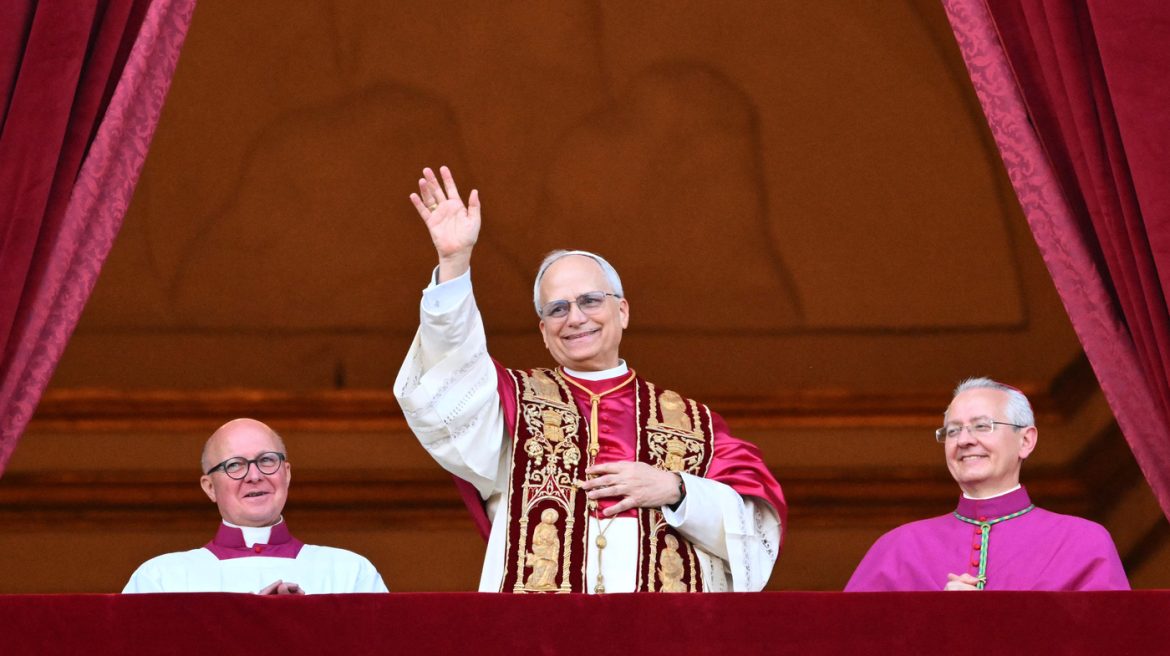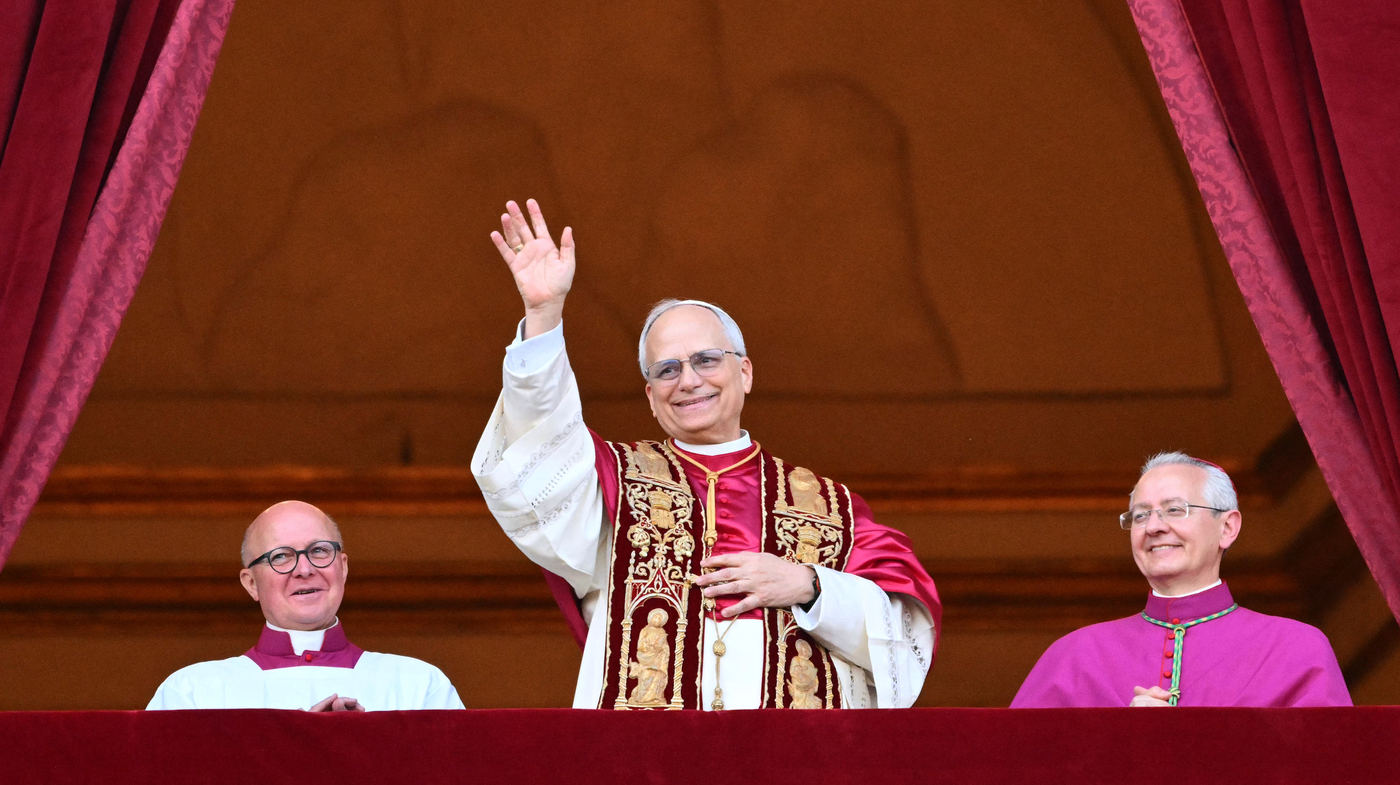The Election of Pope Leo XIV: A Historic Shift in the Catholic Church
The election of Cardinal Robert Prevost as Pope Leo XIV marks a significant milestone in the history of the Catholic Church. Born in Chicago and having spent two decades serving the church in Peru, his election brings a unique blend of American and Peruvian perspectives to the papacy. This historic event not only signifies the first American pope but also highlights the growing global influence within the Vatican.
A Life of Service and Diverse Background
Robert Prevost’s journey to the papacy is a testament to his dedication and service. Born and raised in Chicago, his multicultural heritage—French, Italian, and Spanish—reflects the diverse fabric of his homeland. His decision to spend a significant portion of his career in Peru, where he became a naturalized citizen, underscores his commitment to global service and his deep understanding of both American and Latin American cultures.
Prevost’s time in Peru was marked by his missionary work, where he immersed himself in the local communities, particularly in the poorest regions. This experience has likely shaped his views on social justice and his approach to leadership, making him a centrist with progressive social issue ideals. His ability to speak multiple languages, including Italian, Spanish, and Latin, further emphasizes his global outlook and readiness to lead a worldwide congregation.
The Significance of His Election
The election of Pope Leo XIV is not just a historic moment for the United States but also for the global Catholic community. The conclave, which included 133 cardinals from around the world, chose Prevost on the second day of the papal conclave. This swift decision indicates a strong consensus among the cardinals, who saw in him the qualities needed to lead the Church at this critical juncture.
Prevost’s election comes at a time when the Church faces numerous challenges, including geopolitical uncertainties and internal fractures. His global perspective and experience in both the United States and Peru position him well to address these issues. His dual citizenship and extensive international service make him a bridge between different cultures and continents, a quality that will be invaluable in navigating the complexities of the modern world.
The Impact on the Catholic Church
Pope Leo XIV’s election is expected to bring a fresh perspective to the Vatican. His background in missionary work and his experience in Peru suggest a strong emphasis on social justice and a focus on the marginalized and vulnerable. This aligns with the legacy of Pope Francis, who was known for his outspoken stance on modern issues and his advocacy for the marginalized.
The new pope’s views on social issues, combined with his global experience, could lead to significant changes within the Church. His ability to speak to diverse audiences and his understanding of different cultural contexts will be crucial in addressing the Church’s challenges and opportunities. His election also underscores the growing influence of the Global South within the Catholic Church, reflecting a shift away from European dominance.
Conclusion: A New Era for the Catholic Church
The election of Pope Leo XIV signals a new era for the Catholic Church. With his unique background and extensive experience, he is poised to lead the Church through the complexities of the 21st century. His election is a testament to the Church’s evolving global perspective and its commitment to addressing the needs of a diverse and interconnected world. As Pope Leo XIV begins his papacy, the world’s 1.4 billion Catholics look forward to a leader who embodies both tradition and innovation, bridging the gap between the past and the future.


